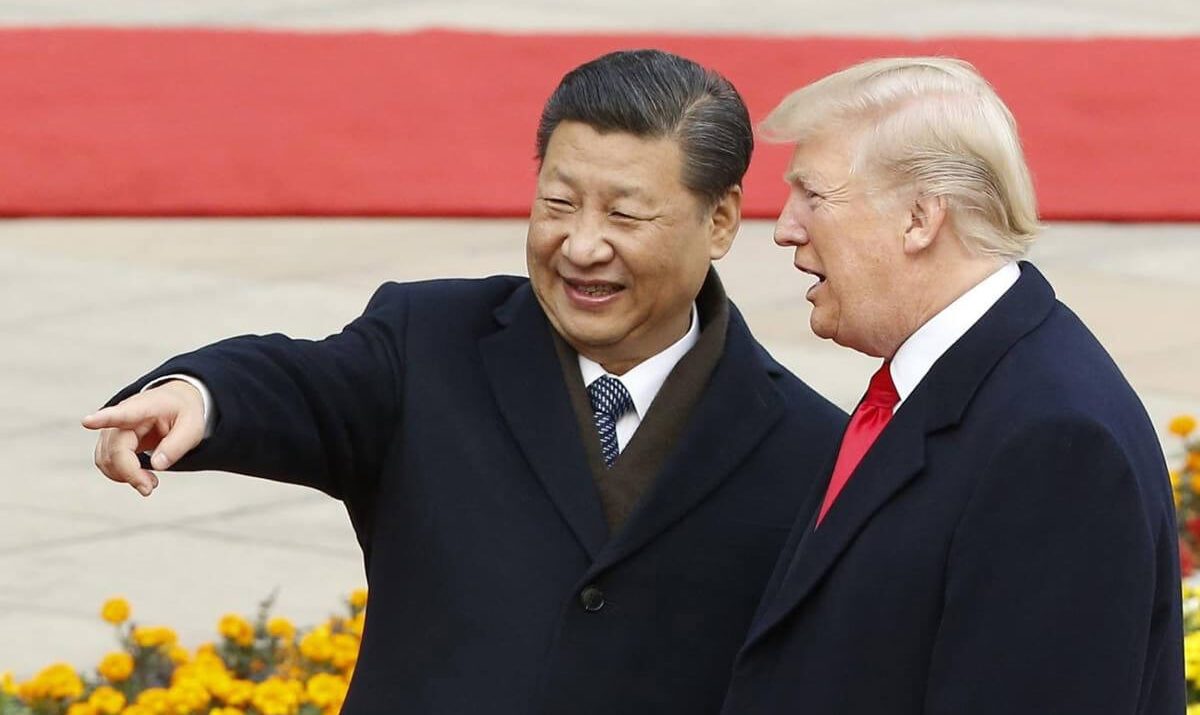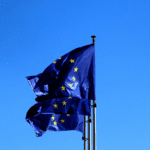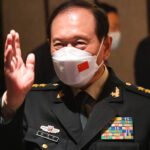The fragile tariff truce between the United States and China is beginning to unravel, as Washington accuses Beijing of violating recent trade promises, specifically by stalling rare-earth export approvals. The deal, struck earlier this month in Geneva, had temporarily paused mutual tariffs and was hailed as a breakthrough after months of economic brinkmanship.
Donald Trump took to Truth Social on Friday to blast China for “totally violating its agreement with us,” saying he had negotiated a “FAST DEAL” to spare China from economic fallout, only to be let down.
“Everybody was happy! That is the good news!!! The bad news is that China… HAS TOTALLY VIOLATED ITS AGREEMENT WITH US,” Trump wrote. “So much for being Mr. NICE GUY!”
US Trade Representative Jamieson Greer later clarified that while China had rolled back some tariffs, it had failed to remove non-tariff barriers, such as restrictions on key exports like rare-earth magnets, which are essential for producing semiconductors, electric vehicles, and military hardware.
“The Chinese are slow-rolling their compliance, which is completely unacceptable,” Greer told CNBC. “We’re very concerned.”
Beijing, in turn, blamed new US export controls. Just days earlier, Washington expanded sanctions on chip technologies and paused key exports to China, citing national security concerns.
A Chinese embassy spokesperson in Washington responded by urging the US to stop “discriminatory restrictions” and honor the spirit of the Geneva agreement.
The back-and-forth has sparked fresh fears that US-China trade tensions could reignite. Treasury Secretary Scott Bessent said talks had “stalled,” though he hinted that a phone call between Trump and Chinese President Xi Jinping could come soon to defuse the situation.
“I believe we may at some point have a call between the president and [Xi],” Bessent said, adding that he’s “confident the Chinese will come to the table when President Trump makes his preferences known.”
The Geneva agreement had slashed US tariffs on Chinese goods from 145% to 30%, while China reduced retaliatory levies from 125% to 10%. But with compliance now under scrutiny, and a court ruling questioning Trump’s tariff authority, the path forward remains uncertain.
For now, both sides are talking—but with rising suspicion and a shrinking window to prevent the trade war from reigniting.
Disclosure: This article does not represent investment advice. The content and materials featured on this page are for educational purposes only.
Related:
Trump says he plans to double steel, aluminum tariffs to 50%
SEC Drops Binance Lawsuit in Major Win for Crypto – Trump-Linked Ventures Surge Ahead
From Chips to Humanoids: Nvidia CEO Jensen Huang Bold Vision for Future
Trump Taps Palantir to Build Massive Government Spy Network
Germany Considers 10% Digital Tax on Google, Meta – Risks New Clash With Trump
Appeals Court Reinstates Trump’s Tariffs – Legal Battle Heats Up
JD Vance: Bitcoin Is America’s Strategic Weapon Against China
US trade court blocks Trump’s sweeping tariffs. What happens now?










